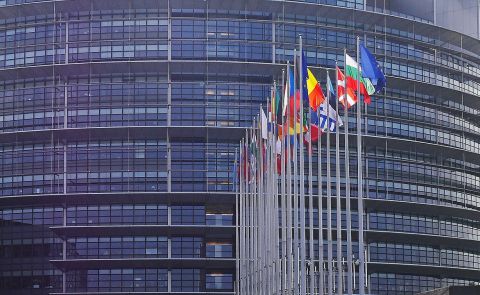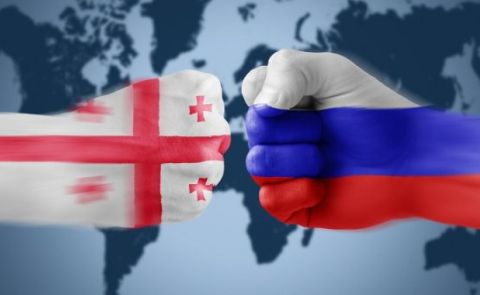
Macron Criticizes Russia for Electoral Interference and Aggression in Armenia and Georgia, Kobakhidze Proposes to Focus on Ukraine
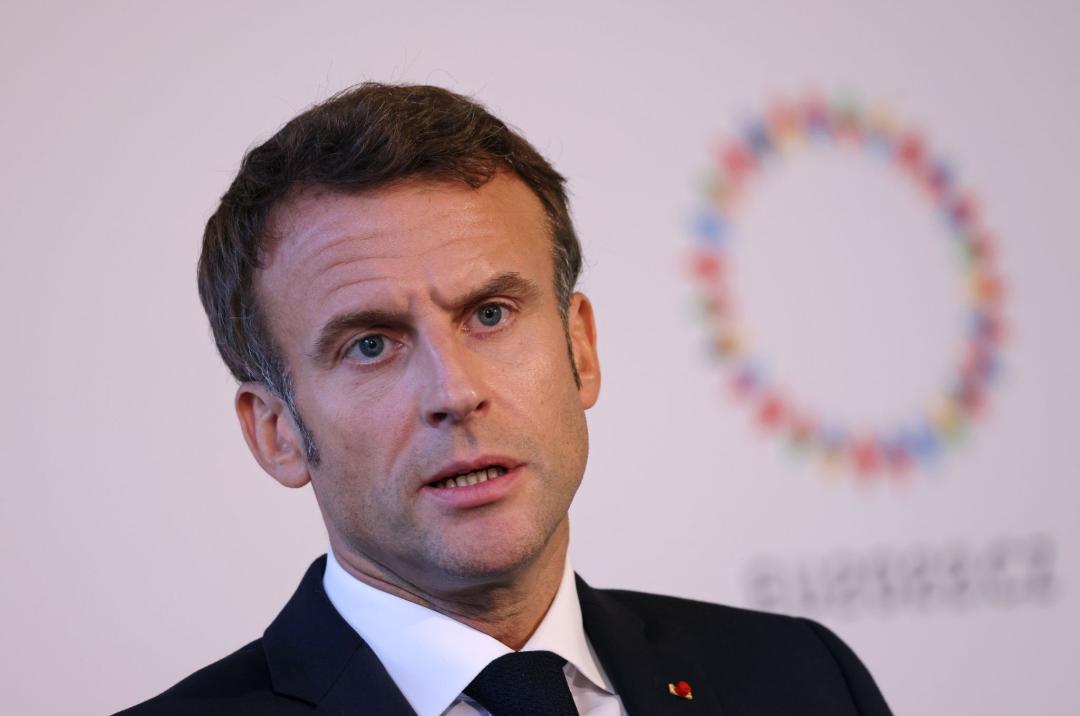
On January 6, French President Emmanuel Macron stated that Russia has become more aggressive toward its neighbors, citing its actions in Georgia and Armenia, and noted a shift in Russia's approach to aggression.
During a meeting with French diplomats, Macron emphasized that, in recent years, Russia had intensified its aggression, changing its approach toward Europe and other countries. He pointed to significant shifts in Russia's nuclear doctrine, which had become more rigid, and to the country's increased hostility toward its neighbors. "We saw this in Armenia, where Russia suddenly became an ally of Azerbaijan, simply because Armenians stood up to it," Macron stated.
He also highlighted Russia's interference in Georgia, accusing it of destabilizing the electoral process by stuffing ballot boxes. Macron mentioned that Russia attempted similar tactics in Moldova but failed, praising President Maia Sandu for her courage in resisting such efforts. He further noted that Russia had manipulated electoral processes even within the European Union, specifically in Romania.
On January 7, Georgian Prime Minister Irakli Kobakhidze responded to Macron's claims, stating that the real issue at hand was the situation in Ukraine, which he described as "destroyed." He emphasized that if Russia was interfering in neighboring countries, it was primarily in Ukraine, and the focus should be on assisting Ukraine. "Everyone should focus on Ukraine," Kobakhidze said. He added that he would "not comment on lies" in response to Macron's accusations regarding electoral interference in Georgia during the parliamentary elections in October.
See Also

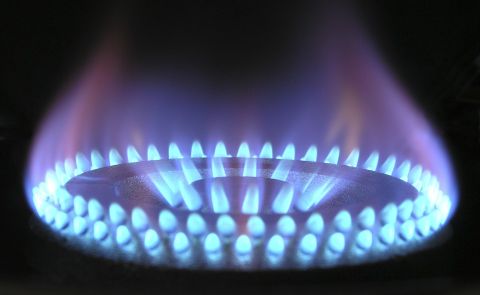
Georgia Imports More Russian Natural Gas Than Azerbaijani Gas for the First Time in 18 Years
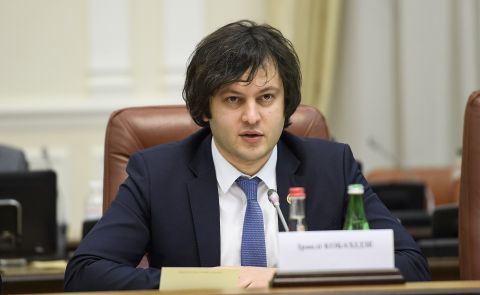
Irakli Kobakhidze Appointed Chair of Georgian Dream Party
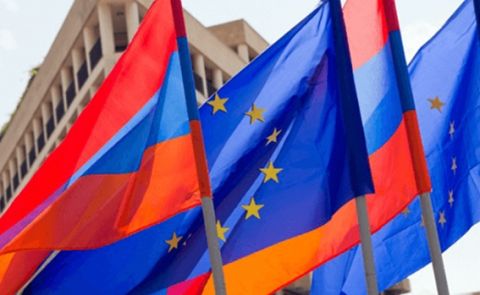
Armenia Aligns Consumer Law with EU Standards in New Reform Bill
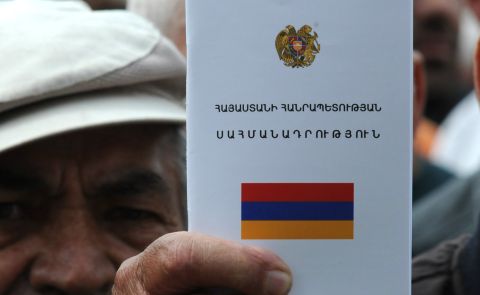
Armenia’s New Constitution Underway, Public Review Promised
